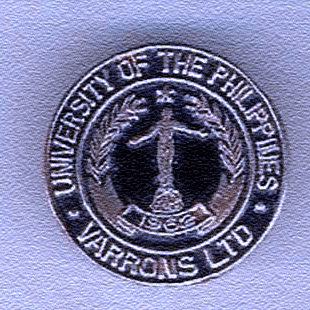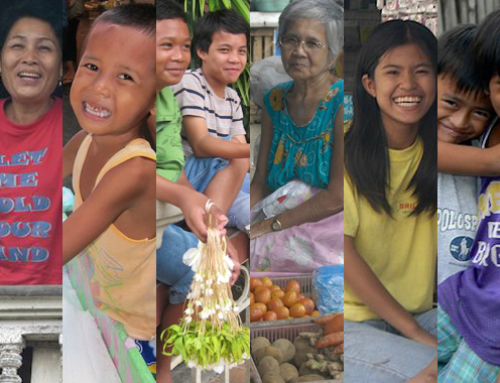Laura “Lau” del Castillo-Sarmiento (First Quarter Storm ’78) is the Research, Documentation, Information and Publications (RDIP) Program Coordinator at the Worker’s Assistance Center, Inc. Lau was a BS Sugar Tech student at UP Los Baños until 1980. She is married to Aristides “Aris” Sarmiento (Humane Batch ’74).

Lau
What are the objectives of your organization?
The Workers Assistance Center (WAC) is a non-government, non-profit institution, with the main office based in Rosario, Cavite, which was organized to address the needs of the workers in the provinces of Cavite and, since 2002, Batangas. The primary objective of the institution is to empower the workers to fight on their own collective strength for their democratic, political and labor rights and welfare. Its core program is the organization of workers into unions and other forms of associations. WAC also draws together other organizations and individuals to promote and support the workers struggle for their basic rights and welfare. To achieve its primary goal, WAC regularly conducts studies and researches on the industry and workers’ conditions, publishes and passes on information about labor situation and labor rights, carries out education and training seminars, assists in workers campaigns through international solidarity, and provides legal assistance.
How is your organization financially supported?
Since WAC is a non-profit organization, we rely mainly on funding from foreign and local agencies. However, part of our finances also comes from individual donations. Volunteer work from the workers and friends are significant non-monetary “donations” that help our finances.
What is you role in your organization?
As the Research, Documentation, Information and Publications (RDIP) Program Coordinator, I am part of the management committee that plans and supervises the implementation of the institutional programs that the Board of Trustees had approved.
What is your current job? ? Please describe the work you are doing?
I supervise the program implementation and staff of the RDIP Program. I function as the editor-in-chief so most of the research reports, publications and releases go through me before going through the rest of the editorial board and before printing. Whenever necessary, I am tasked to give training and education seminars to other staff and workers.
Can you describe a typical day at work (office or in the field)?
My work is largely office-based, most of the time in front of the computer. How else do I describe my day in the office? I write (type in the computer, really) and read and go over what the other staff have written… or see to it that the staff members are able to fulfill their respective functions.

Laura's daughters Deng and Sylvia.
How long have you been in your current job?
I have been with WAC since January 2000 as staff of the RDIP Program. I wrote for the newsletter then. I became the Program Coordinator a year later. I headed the researches on the Condition of the Workers in the Electronics Industry and on The Women Workers in the Cavite Economic Zone in 2002 and 2003.
How did you find your current job?
I was invited by its Executive Director and friend, Rev. Fr. Jose Dizon.
What do you find satisfying in your job?
I am able to do what I want, that is, to help in the service of the marginalized sectors (this particular time, the workers) and receive compensation for it.
Did you find the degree (or academic background) you obtained from UPLB helpful?
I think that the academic knowledge I have learned through the years until college contributed in fulfilling my tasks although my background in Chemistry was particularly helpful when we were doing the coconut industry research in 1981-82. Actually, I have understood the different concepts discussed in school only when I studied it again whenever I needed them for a particular job I was working on.

Laura with husband Aris and daughter Roma.
Is being a member of the UP Varrons useful? In what way?
I was a Varron when I learned about collectivism, about service to the people, about being part of the struggle of the marginalized people who were fighting for their rights to survive and for decent lives, about having to fight for what I want and what I believe to be right. They don’t teach that in the classrooms, do they?
Last Updated on October 12, 2016 by Tudla_Admin
















Leave A Comment